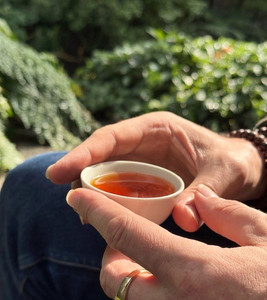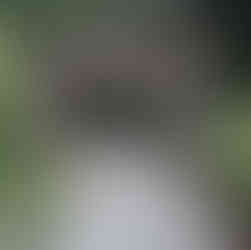
- erick
- Aug 31, 2025
- 2 min read
Updated: Aug 31, 2025

Some thresholds open easily, others stay shut no matter how we knock. And sometimes the most intriguing ones are those that appear open, yet do not move when pushed. I’ve learned not to fight these doors. Often they are keepers of timing — reminders that not everything is meant to be entered in the same way, or at the same moment.

Recently I found this to be true not in a garden, but in web design. A small element I intended as a passageway refused to behave as planned. On one screen it opened as intended, on another it remained static. At first I thought of it as failure, a problem to be fixed. But after sitting with it awhile, I saw it differently: the so-called broken way was actually better — a kind of digital kintsugi. What I had planned as a feature became something richer: a threshold that revealed itself only in certain conditions, asking patience of the one who approached.
Tea is much the same. Some leaves reveal themselves instantly; finer teas often wait. The more mature the leaf, the more it seems to hold its own counsel. It will not yield to impatience, yet in the right hands, at the right time, the cup suddenly overflows with fragrance and depth.It may be the same with technology. What doesn’t work at first glance may simply be inviting us to slow down, to enter differently, or not at all — to look upon our world anew, as we might after a visit to the garden. Some thresholds are open for everyone. Others keep their mystery, offering passage only when the time, or the seeker, is ready.




















